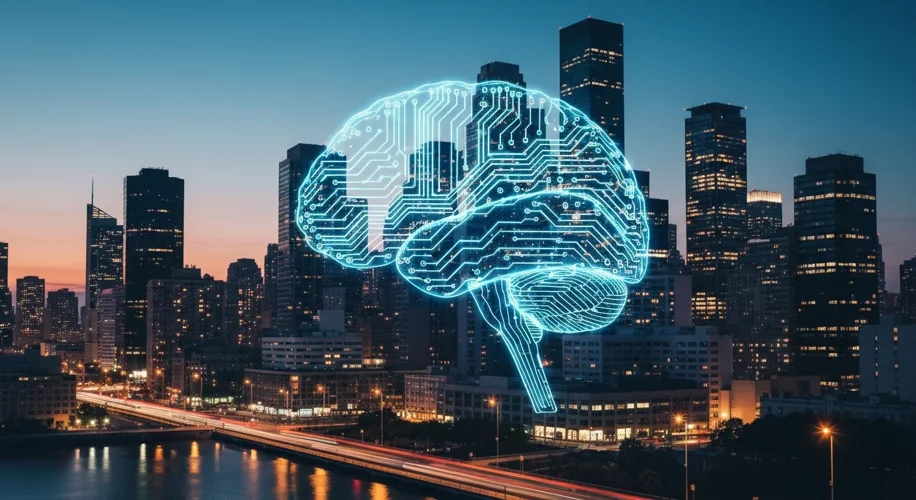It feels like every week, there’s a new wave of public scrutiny directed at the companies building our AI future. OpenAI, and its CEO Sam Altman, have certainly been in the spotlight. From my vantage point, having spent decades in the tech world, I see a familiar pattern: intense pressure on innovators trying to keep pace with giants. But I also see genuine progress that’s worth discussing.
We’ve seen a lot of commentary about the direction of AI development and the players involved. It’s easy to get lost in the noise of criticism. However, it’s crucial to consider what’s at stake. The tech landscape has always been dominated by a few very large companies. For true innovation to flourish, there needs to be robust competition. Companies like OpenAI are essential in pushing the boundaries and offering different approaches, preventing a single perspective from defining AI’s trajectory.
One of the most talked-about developments has been GPT-5. I’ve been following its rollout, and the feedback I’m seeing from users suggests some significant improvements, particularly in what people are calling its ‘personality’ and reliability. This isn’t just about making AI smarter; it’s about making it more useful and intuitive for everyday tasks. Early users report that GPT-5 feels more consistent and less prone to the unexpected errors that plagued earlier versions. The ability to interact with AI in a way that feels more natural and less like coaxing a machine is a genuine step forward.
This evolution is important because it directly impacts user satisfaction and adoption. When AI tools become more predictable and easier to work with, they become accessible to a broader audience. This democratizes access to powerful technology and allows more people to benefit from it. Think about how early versions of software were often clunky and difficult to master; the improvements over time, driven by iteration and user feedback, made them indispensable.
Of course, the conversation around AI ethics and safety is paramount. These are complex challenges, and companies pushing the envelope will inevitably face difficult questions. My own career taught me that with great technological power comes great responsibility. It’s vital that we continue to have open, critical discussions about how these tools are built and deployed. However, these discussions should also acknowledge the efforts being made to address these concerns and the potential benefits that responsible AI development can bring.
OpenAI, by operating in this competitive space, is not just building its own technology; it’s also, in my opinion, contributing to a healthier, more dynamic AI ecosystem. The improvements in models like GPT-5, based on user experience, are tangible evidence of this progress. As we move forward, it’s important to support the kind of innovation that challenges the status quo while remaining vigilant about the ethical implications. We need a nuanced approach that recognizes both the risks and the remarkable opportunities ahead.

